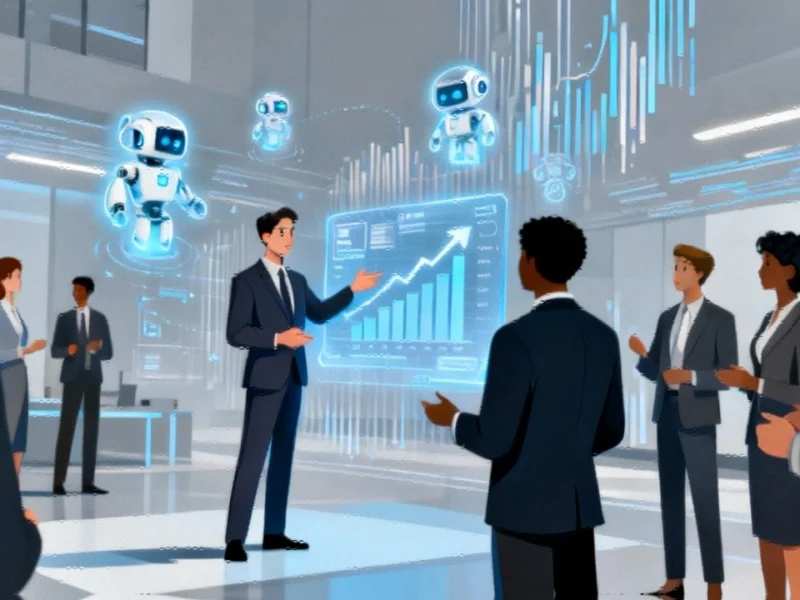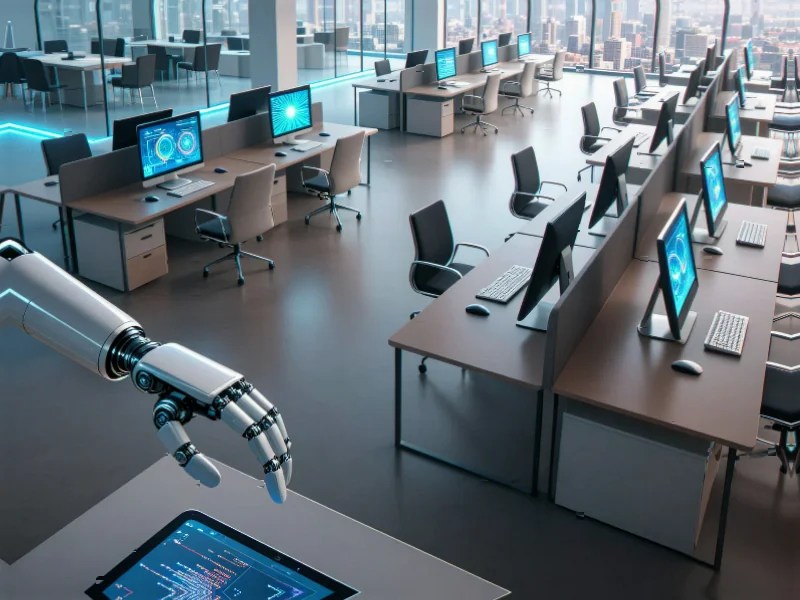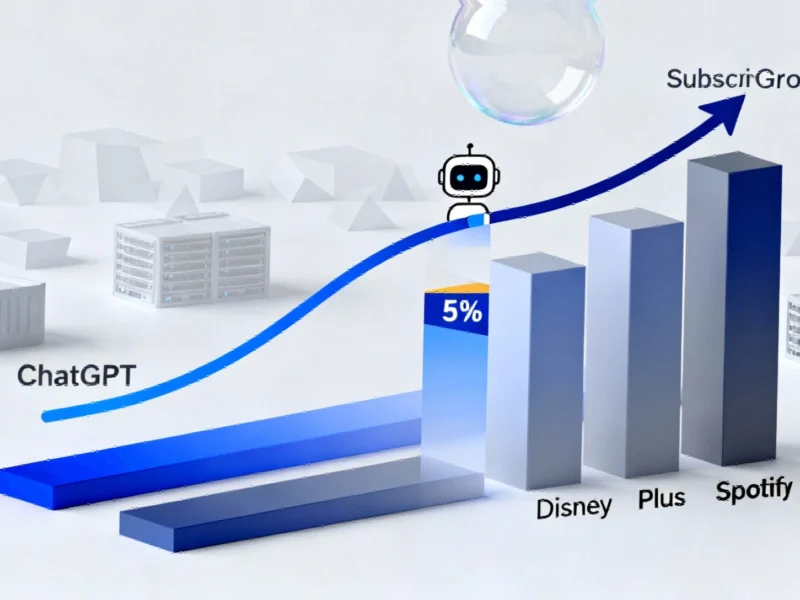Goldman Sachs Implements AI-Driven Restructuring
Goldman Sachs is reportedly planning workforce reductions as part of a comprehensive artificial intelligence initiative, according to an internal memo obtained by Business Insider. The banking giant’s CEO David Solomon indicated that while technological disruption isn’t new to the workforce, the current AI revolution is distinguished by its unprecedented speed of implementation.
Table of Contents
Accelerated Pace of Change
In a recent CNBC “Squawk Box” interview, Solomon noted that “technology has been having an impact on head count and the way people work for decades and decades and decades,” but the AI revolution differs primarily in its rapid development timeline. Sources close to the matter suggest this accelerated pace could create “a little bit more volatility, or an unsettled transition around certain job functions” compared to previous technological shifts.
Strategic Shift to OneGS 3.0
The workforce adjustments are reportedly part of Goldman Sachs’ transition to “OneGS 3.0,” the latest version of the bank’s business and operations strategy. According to the internal communication, this overhaul aims to integrate AI throughout the bank’s internal systems, spanning from client onboarding to risk management. Analysts suggest these changes are designed to reduce complexity and enhance productivity across the organization.
Broader Industry Implications
Solomon’s comments reflect a wider trend among corporate leaders, with the CEO stating he hasn’t encountered a single industry leader who isn’t focused on reimagining and automating business processes. “That’s a really good thing for economic growth,” Solomon emphasized during the CNBC interview, suggesting that the push toward AI-driven efficiency represents a positive development for the broader economy.
Long-Term Business Outlook
Despite the immediate workforce implications, Solomon indicated that AI integration provides Goldman Sachs with “more capacity to invest” over the next three to five years. The CEO expressed confidence in the economy’s ability to adapt, noting “we have an incredibly flexible, nimble economy. We have a great ability to adapt and adjust.” While certain job functions will inevitably shift, Solomon reportedly remains optimistic about the long-term business growth opportunities presented by AI technologies.
Managing Transition Periods
The report indicates that Solomon acknowledges potential challenges during the transition phase, particularly regarding the volatility in specific job functions. However, the banking leader’s comments suggest a belief that the economic system possesses sufficient resilience to manage these changes effectively, with the ultimate outcome being increased operational efficiency and productivity across multiple industries.
Related Articles You May Find Interesting
- US Energy Assistance Crisis Deepens as Government Shutdown Threatens Winter Heat
- Chancellor Confirms Budget Measures Driven by Brexit Economic Fallout and Fiscal
- AWS DNS Disruption Triggers Widespread Internet Outage, Exposing Cloud Infrastru
- The Trust Imperative: How Industrial AI’s Future Hinges on Governance and Transp
- Quantum Cooling Breakthrough Paves Way for Ultra-Low Temperature Microwave Techn
References & Further Reading
This article draws from multiple authoritative sources. For more information, please consult:
- http://en.wikipedia.org/wiki/Artificial_intelligence
- http://en.wikipedia.org/wiki/CNBC
- http://en.wikipedia.org/wiki/Chief_executive_officer
- http://en.wikipedia.org/wiki/Goldman_Sachs
- http://en.wikipedia.org/wiki/Volatility_(finance)
This article aggregates information from publicly available sources. All trademarks and copyrights belong to their respective owners.
Note: Featured image is for illustrative purposes only and does not represent any specific product, service, or entity mentioned in this article.



